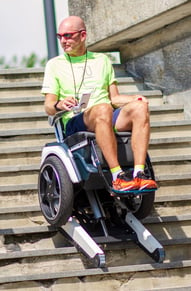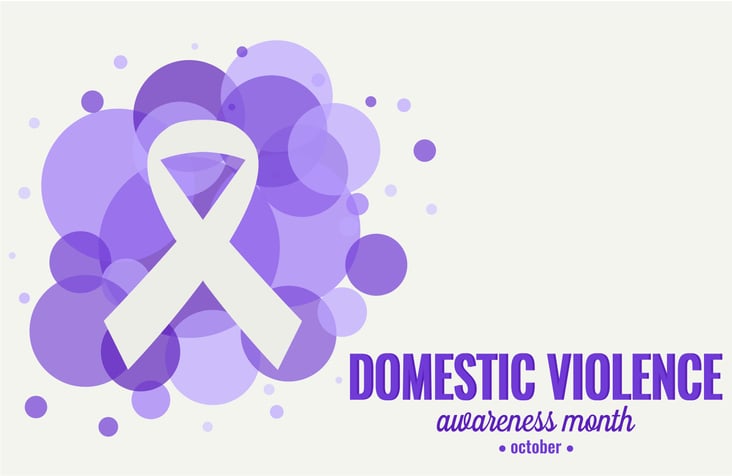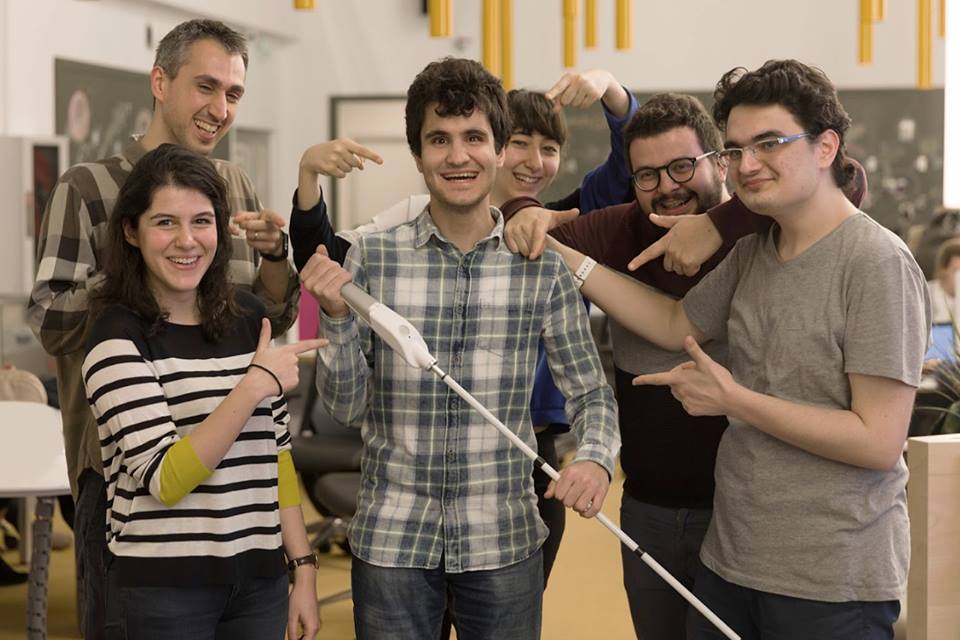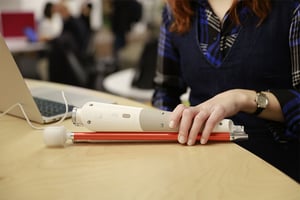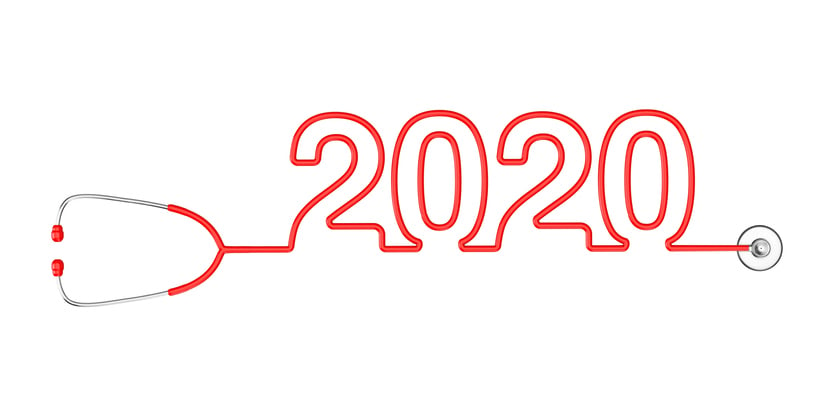 For the first time in history, the world will unite in celebrating the benefits that Nurses and Midwives bring to the health of the global population. The World Health Organization (WHO), has declared 2020 as The Year of the Nurse and the Midwife (YONM).
For the first time in history, the world will unite in celebrating the benefits that Nurses and Midwives bring to the health of the global population. The World Health Organization (WHO), has declared 2020 as The Year of the Nurse and the Midwife (YONM).
It is celebrated in honor of the 200th anniversary of Florence Nightingale's birth. President of the International Council of Nurses (ICN), Annette Kennedy, said "The 20 million Nurses around the world will be thrilled to see their profession recognized in this way. Florence Nightingale used her lamp to illuminate the places where Nurses worked, and I hope the designation of 2020 as the International Year of the Nurse and Midwife will provide us with a new, 20-20 vision of what Nursing is in the modern era, and how Nurses can light the way to universal health coverage and healthcare for all.”
WHO is working with partners such as, the International Confederation of Midwives (ICM), International Council of Nurses (ICN), Nursing Now and the United Nations Population Fund (UNFPA). Their goal for this year-long global focus on Nurses and Midwives is to:
- Celebrate the contributions of health workers, with particular focus on Nurses and Midwives, in improving health globally,
- acknowledge, appreciate and address the challenging conditions Nurses and Midwives face while providing care where it's needed most and
- advocate for increased investments in the Nursing and Midwifery workforce
Lord Nigel Crisp, co-Chair of the Nursing Now campaign said, “The WHO has provided a unique opportunity both for countries to demonstrate how much they appreciate their Nurses and Midwives and to showcase what more Nurses and Midwives can achieve if given the support to do so."
Check out the World Health Organization's video, Nurses and Midwives: Key To Universal Health Coverage
We at DiversityNursing.com are thrilled Nurses and Midwives are receiving recognition for their commitment to the profession and selfless dedication to their patients, families and students.




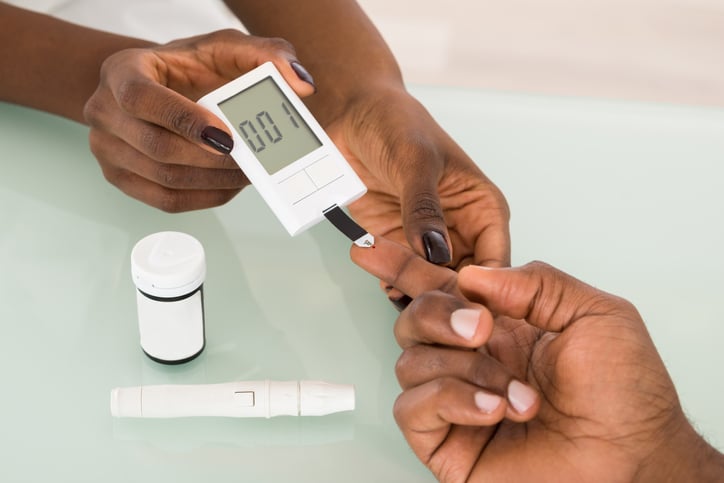
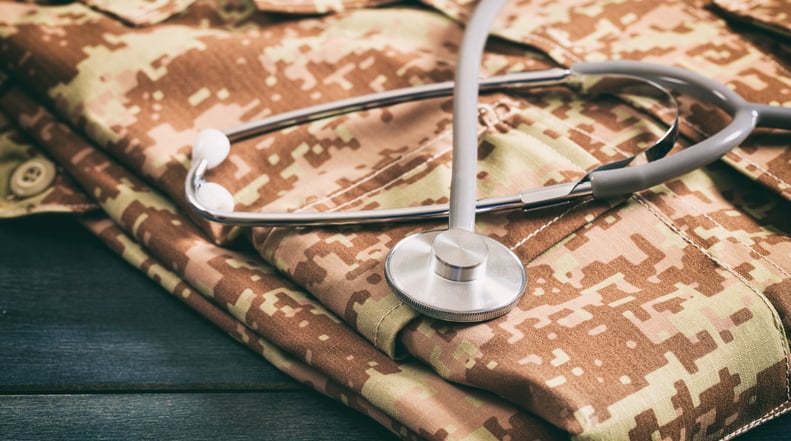 An estimated 250,000 service members transition out of the military each year. According to a
An estimated 250,000 service members transition out of the military each year. According to a 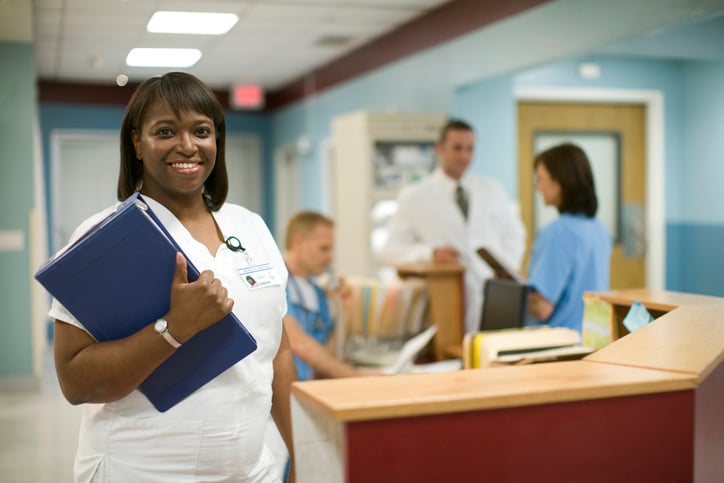 According to
According to 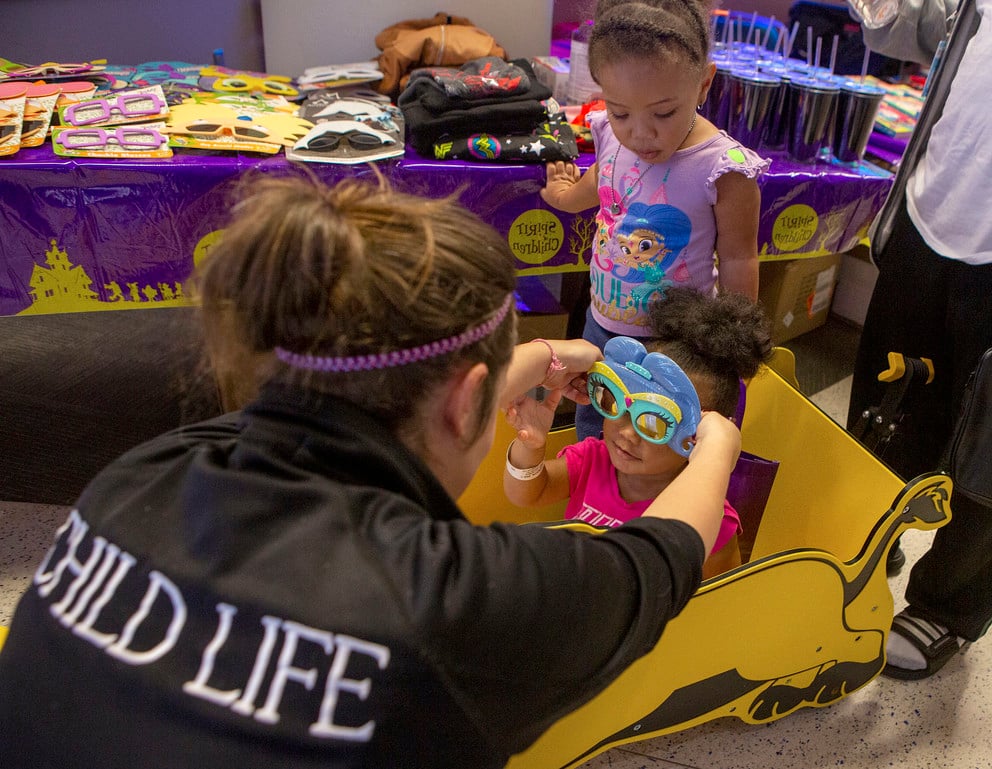
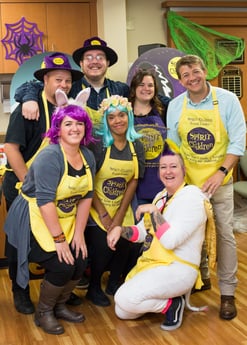 These funds are used to host Halloween parties at pediatric hospitals during October so patients won't miss out on Halloween celebrations.
These funds are used to host Halloween parties at pediatric hospitals during October so patients won't miss out on Halloween celebrations.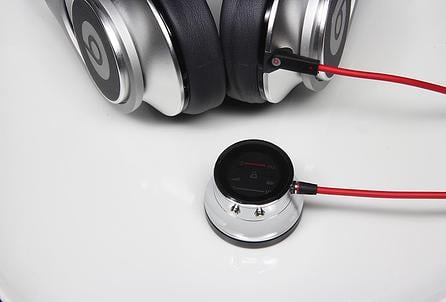
 The Centers for Disease Control and Prevention estimates 61 million adults in the United States live with a disability and 13.7 percent of those people have a mobility disability with serious difficulty walking or climbing stairs.
The Centers for Disease Control and Prevention estimates 61 million adults in the United States live with a disability and 13.7 percent of those people have a mobility disability with serious difficulty walking or climbing stairs.
